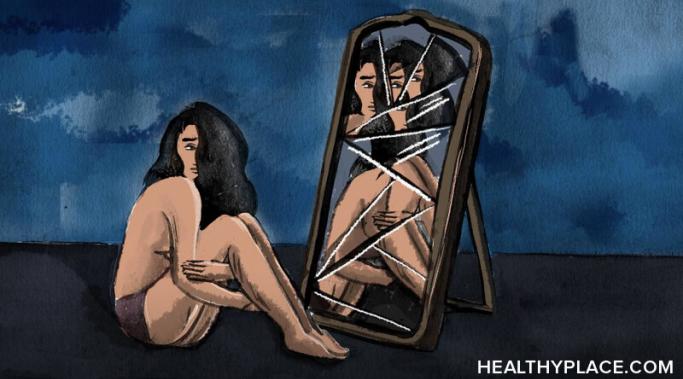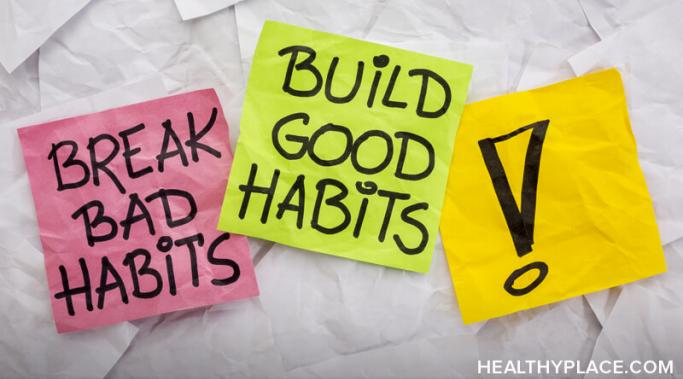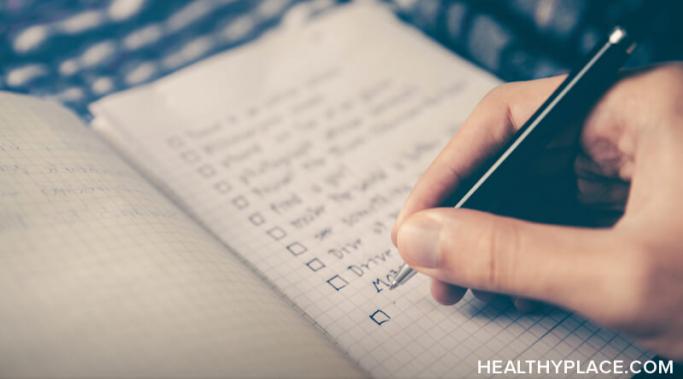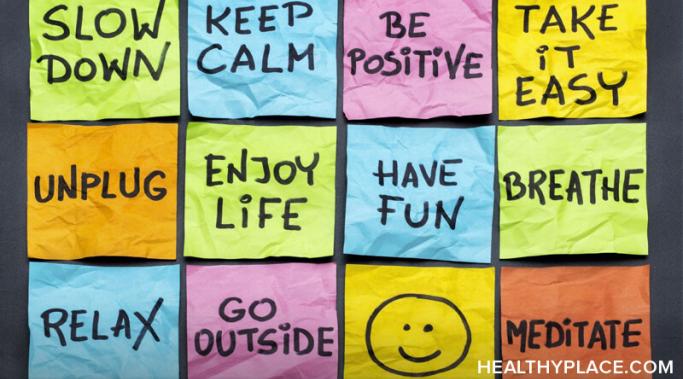Almost two years ago, I decided to try intuitive eating to distance myself from binge eating. I didn't trust my body to stay at a healthy weight without dieting, but I knew I had to try to break out of my eating disorder habits. It sounded like a dream to eat whatever I wanted without guilt or worrying. I was skeptical intuitive eating would work for me, but I was eager to try it as an experiment.
Binge Eating Coping Skills
I was introduced to the power of intuitive eating during my second attempt at eating disorder recovery. Before then, I was aware of my binge eating disorder, but I still restricted my food and shamed myself when I binged. I'd reached a point where I knew that something had to change, but I didn't know how to change it.
Maybe you've known for a while that your binge eating disorder (BED) is out of control. Starting BED recovery can be confusing, and the steps you need to take are difficult to navigate on your own. When you're struggling to make it through each day without bingeing, it's difficult to create a fresh perspective. So how do you begin to recover from binge eating?
Binge eating disorder makes it hard to stay present. For example, have you ever noticed yourself feeling distracted or disconnected throughout the day? I experience this often, especially when I'm trying to check off my to-do list. It sometimes feels like having tunnel vision. My hands move while I'm thinking about what I have to do next. The time I spend in this zone-out space feels like a blur.
The mornings I've woken up after a binge have been the lowest points of my self-esteem. No matter how many times you've recovered from a binge, it's always an awful feeling to wake up and remember what happened the day before. How do you recover after a binge? How do you help yourself so you don't continue the cycle of binge eating and restriction?
I recently had a conversation with someone about strategies to break bad habits, and I was reminded of my binge eating disorder (BED) recovery. By nature, whenever I set a new goal to break or create a habit, I want change to happen immediately. I try to go cold turkey and quit the bad habit overnight. Or, I change many habits all at once instead of making small changes over time. Those of us who have experience with binge eating disorders know that using willpower alone doesn't work when we are trying to stop binge eating. Most of the time, trying to restrain yourself and not binge eat makes the urge to binge more powerful. If using the cold turkey method doesn't work to recover from binge eating disorders, then what will help?
A recent conversation with a friend made me consider what I wish I'd known about eating disorder (ED) recovery. The other day, I asked my friend, "What do you think your younger self would have thought of older you?" We retraced our steps down the hill through the snow on our way back to the trailhead. She said, "I think she would have been so surprised. I don't think I ever expected I would move away from my hometown."
The new year is a new beginning, which brings a special clarity as you reflect on what you want to change. It's often recommended to set concrete resolutions so you can measure how well you're doing throughout the year. This advice can be helpful, but for binge eating disorder recovery, changes are subtle and difficult to measure. In my experience, setting New Year's resolutions for my recovery and eating habits has consistently caused stress and unnecessary pressure. Of course, you can set milestone goals for going a certain number of days without binge eating. But if you are trying to start or strengthen your recovery from an eating disorder, you can't expect your recovery to be as neat as a checklist.
The time has come for me to move on from the "Binge Eating Recovery" blog here at HealthyPlace. Sharing my recovery process here has been an interesting experience, and I hope you gained insights and tools that help you on your binge eating recovery journey. Here are some parting thoughts I wanted to share with you.
Like many binge eating disorder sufferers, I've always had a complicated relationship with my body — particularly when it comes to learning to love exercise. I was the typical kid who always got picked last in gym class, and that experience gave me an aversion to exercise that lasted into adulthood. Instead of taking care of my body through movement, I learned to self-soothe with food, alcohol, and other destructive behaviors.









